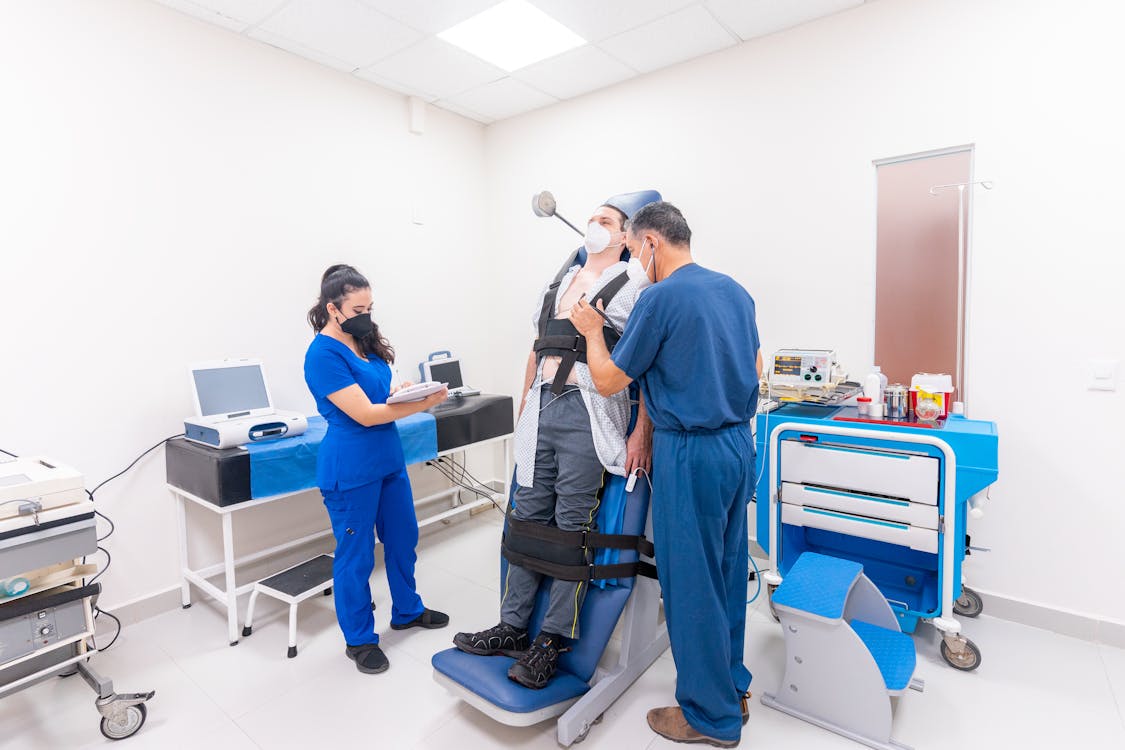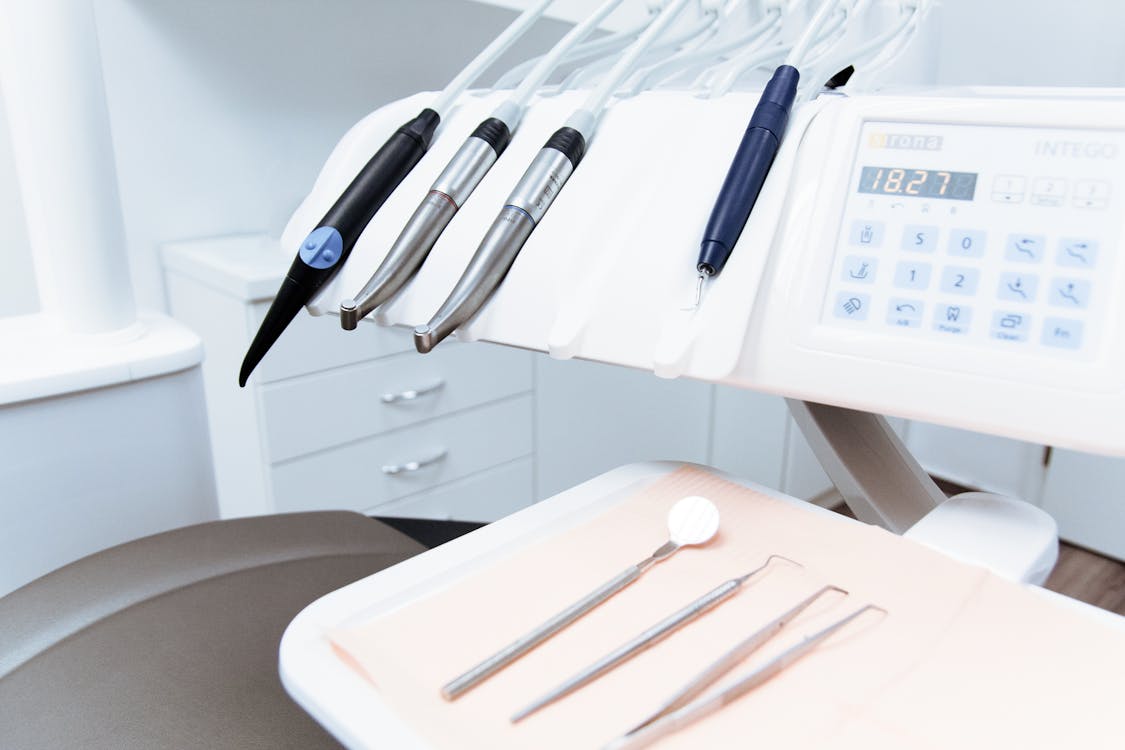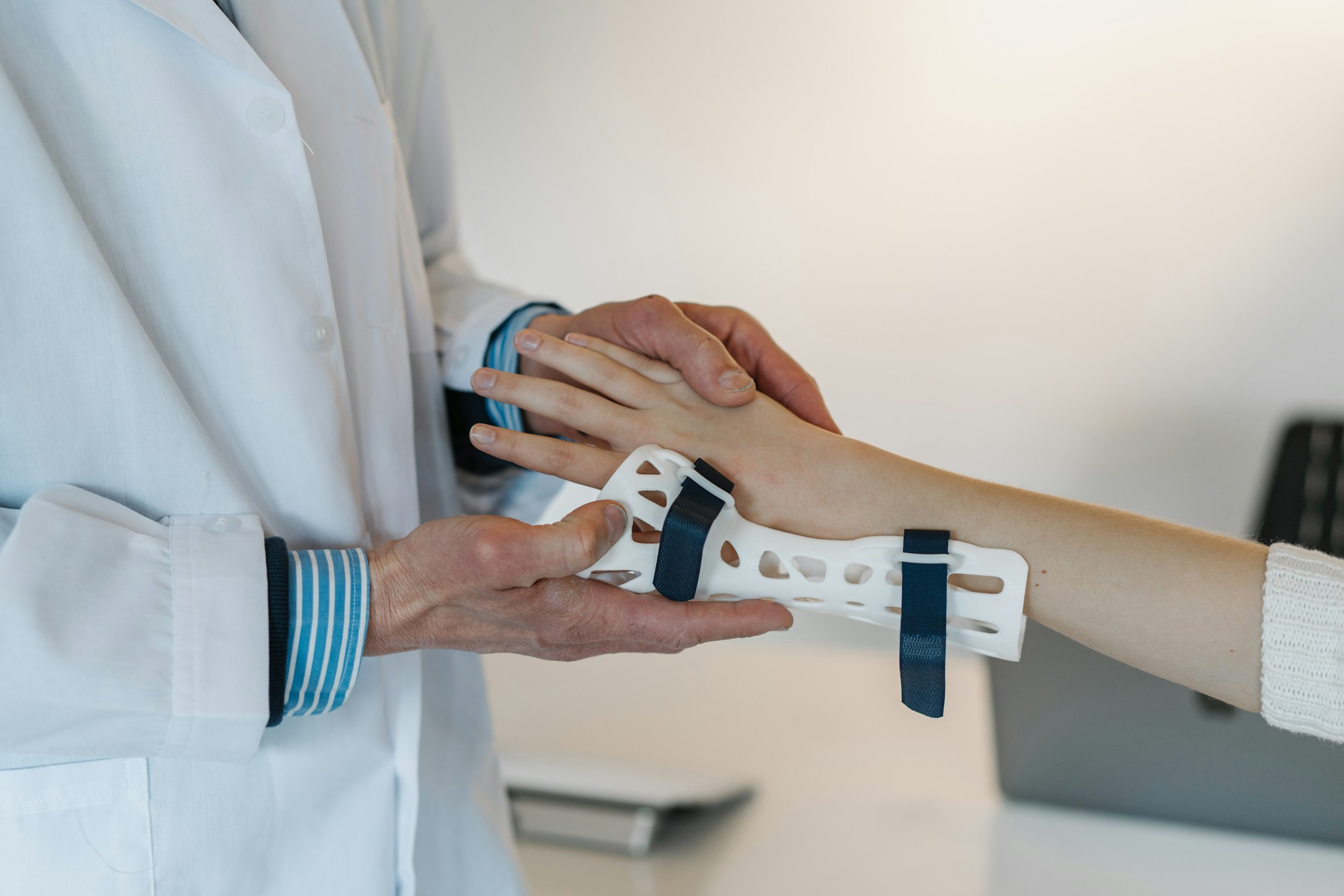Maryland Department of Health Issues Heat-Related Health Tips

Table of Contents
Summertime in Maryland brings sunny days and outdoor activities, but it also comes with the challenge of soaring temperatures. The Maryland Department of Health recognizes the importance of safeguarding the well-being of its residents during the hot months. To promote public health and safety, they have released a comprehensive set of heat-related health tips. In this article, we will explore these valuable guidelines and learn how to beat the heat while keeping our bodies safe and sound. So, grab a cool drink, sit back, and let’s dive into the essential health tips for staying cool in Maryland!
Understanding the Heat and Its Impact on Health
Before we delve into the health tips, it’s essential to grasp the effects of extreme heat on our bodies. Prolonged exposure to high temperatures can lead to various health issues, such as heat exhaustion, heatstroke, and dehydration. Vulnerable groups, including children, the elderly, pregnant women, and individuals with chronic health conditions, are at higher risk during heatwaves. Recognizing the signs of heat-related illnesses is crucial in taking timely action to avoid severe consequences.
Hydration is Key
One of the most critical heat-related health tips is staying adequately hydrated. As the mercury rises, our bodies lose more water through sweating, leading to dehydration. Drink plenty of fluids throughout the day, even if you don’t feel thirsty. Water is the best choice, but you can also enjoy fresh fruit juices, coconut water, or herbal teas. Avoid sugary and caffeinated beverages, as they can contribute to dehydration.
Dress Smartly
What you wear can significantly impact your body’s ability to regulate temperature. Opt for loose-fitting, lightweight, and light-colored clothing. Light colors reflect sunlight, helping to keep you cooler. Wearing a wide-brimmed hat and sunglasses also provides additional protection from the sun’s harmful rays.
Seek Shade and Limit Sun Exposure
When the sun is at its peak intensity, usually between 10 a.m. and 4 p.m., try to stay in the shade as much as possible. If you must be outside, take regular breaks in cool, shaded areas. Remember to apply sunscreen generously to exposed skin, using a broad-spectrum sunscreen with at least SPF 30.
Create a Cool Indoor Environment
Keeping your home cool is essential during heatwaves. Use air conditioning if available or spend time in air-conditioned public places, such as malls or libraries. If you don’t have air conditioning, use fans and keep windows and doors open to facilitate cross-ventilation. Alternatively, take a cool shower or bath to lower your body temperature.
Plan Outdoor Activities Wisely
While summer offers various outdoor recreational opportunities, it’s crucial to plan activities with the heat in mind. If you enjoy exercising outdoors, do it during the cooler hours, such as early morning or late evening. Avoid strenuous activities during peak heat hours, as it increases the risk of heat-related illnesses.
Never Leave Anyone in a Parked Vehicle
This tip cannot be stressed enough – never leave children, pets, or anyone else in a parked vehicle, even for a short period. The temperature inside a car can skyrocket within minutes, posing a life-threatening risk, even with the windows cracked open.
Recognizing Heat-Related Illnesses
Knowing the symptoms of heat-related illnesses is vital in seeking prompt medical attention when necessary.
Heat Exhaustion
Heat exhaustion is a precursor to heatstroke and should be taken seriously. Symptoms include heavy sweating, weakness, dizziness, headache, nausea, and an elevated heart rate. If you or someone you know experiences these signs, move to a cool place, drink water, and rest.
Heatstroke
Heatstroke is a severe condition that requires immediate medical attention. Symptoms may include a high body temperature (above 103°F), confusion, rapid breathing, unconsciousness, and hot, dry skin (lack of sweating). Call emergency services right away if you suspect someone is suffering from heatstroke.
Conclusion
As the Maryland summer heats up, it’s essential to prioritize our health and well-being. By following the heat-related health tips provided by the Maryland Department of Health, we can stay cool and safe during the hottest days. Remember to stay hydrated, dress appropriately, seek shade, and avoid excessive sun exposure. Plan outdoor activities wisely, create a cool indoor environment, and never leave anyone in a parked vehicle. Recognize the signs of heat-related illnesses and take immediate action if needed. By staying informed and taking preventive measures, we can make the most of the summer season while keeping ourselves and our loved ones healthy and happy. Stay cool and enjoy the sun responsibly!








